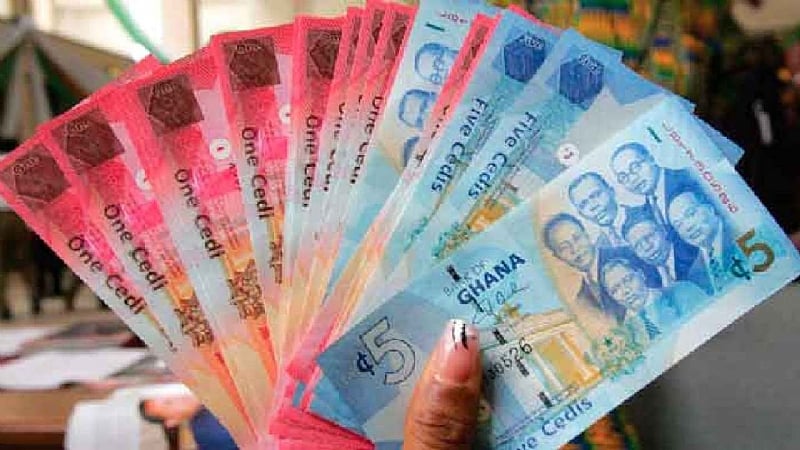The Ghanaian Cedi has recently experienced a depreciation against the United States dollar, with both its buying and selling rates reflecting a decline of 2 pesewas and 1 pesewa, respectively, from the rates observed on Wednesday. As of 10:00 am on Thursday, October 17, 2024, the buying rate stands at GHS15.89 and the selling rate at GHS16.38. These figures have been sourced from Cedirates.com, a prominent platform that provides updates on currency exchange rates and fuel prices in Ghana. The interbank rates exhibit only slight variations, with the Cedi trading at GHS15.92 for purchases and GHS15.94 for sales against the US dollar.
Moreover, the exchange rates for other major currencies demonstrate a similar trend. The British Pound Sterling is experiencing buying and selling rates of GHS20.57 and GHS21.37, respectively. In the case of the Euro, the rates stand at GHS17.15 for buying and GHS17.90 for selling. When looking at the Bank of Ghana’s interbank market, the Pound Sterling fetches GHS20.73, while the Euro is priced at GHS17.32, providing insights into the fluctuating dynamics of the currency exchange landscape.
For individuals seeking to send money to Ghana from either the United States or the United Kingdom, platforms such as LemFi and Afriex offer competitive rates. Specifically, sending money through LemFi allows for conversions at GHS15.93 per dollar, whereas Afriex offers a slightly lower rate of GHS15.42. Additionally, both services provide currency exchange for the British Pound, listing buying and selling rates of GHS20.72 and GHS21.01, respectively. This underlines the growing significance of digital money transfer services in facilitating international transactions, particularly in emerging economies.
On the topic of Euro exchange rates, Afriex is the sole platform that updated its rates on Thursday, setting the selling price at GHS16.94 for €1. Such updates are crucial for individuals and businesses engaged in cross-border transactions, as fluctuations can significantly impact the overall cost and revenue associated with importing and exporting goods or services. It also emphasizes the volatility prevalent in the currency market, and the need for consumers and businesses to stay informed about current rates for effective financial planning.
Additionally, those looking to renew their subscriptions for services like Netflix, Spotify, or Apple Music are impacted by the current exchange rates as well. Visa and Mastercard, two major payment processors, are offering conversion rates of GHS17.17 and GHS17.10 for one US dollar, respectively. This is an important consideration for customers who rely on these platforms for digital content and entertainment, making it essential for them to be aware of currency depreciation and its implications on their subscription costs.
In summary, the recent depreciation of the Ghanaian Cedi relative to the US dollar, along with the fluctuations in exchange rates for major currencies like the British Pound and Euro, highlights the importance of staying updated on currency trends, especially for individuals and businesses engaged in international financial transactions. With advanced money transfer services enhancing accessibility, keeping a close watch on these rates is indispensable for cost-effective economic participation both locally and globally.


